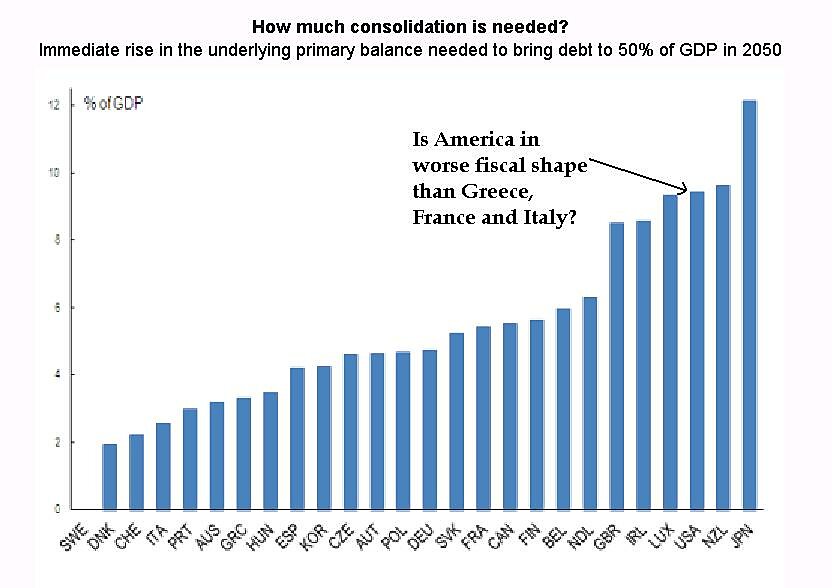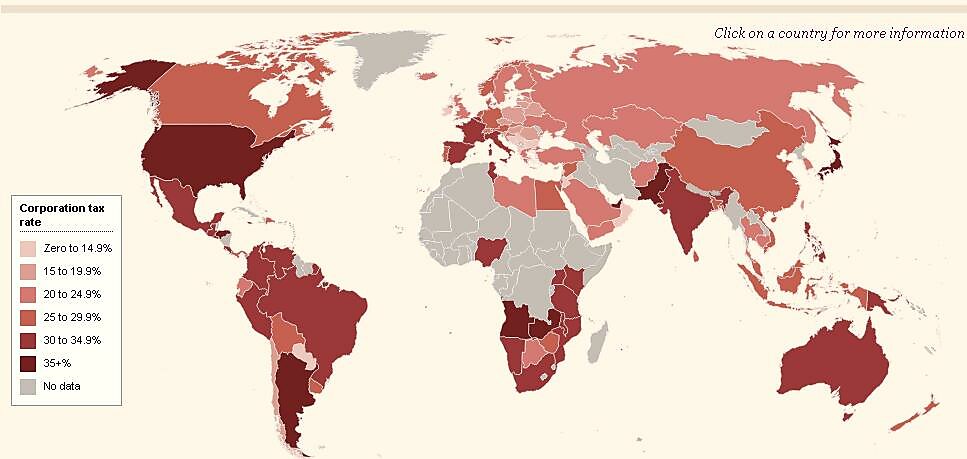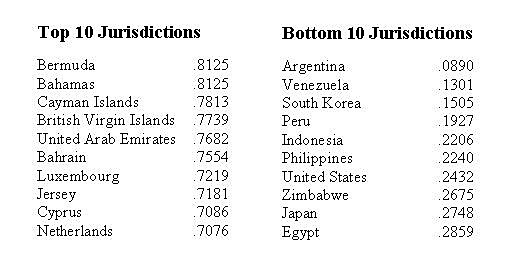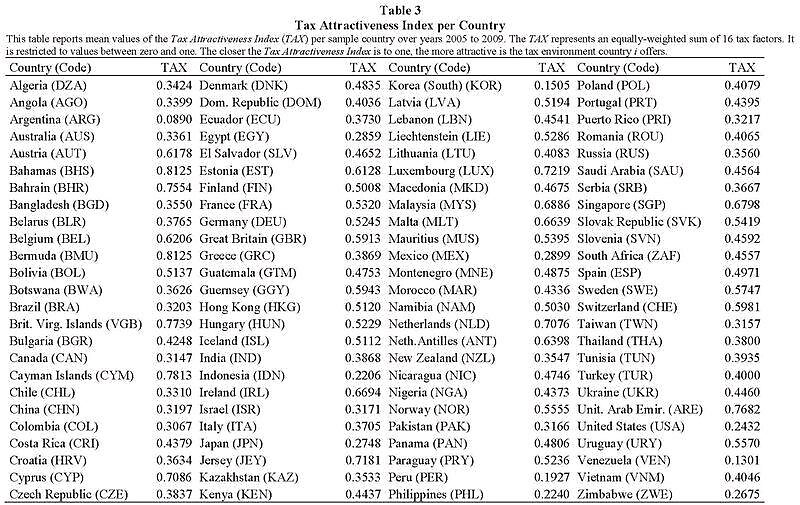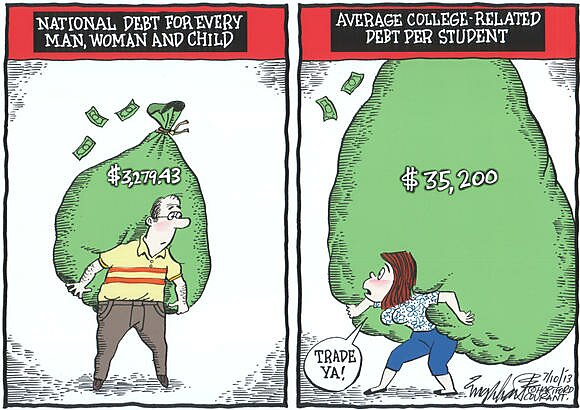The unsustainable path of federal entitlements has received huge attention in recent years, but the unfunded pension liabilities of state and local governments are also large. In recent work, economists Robert Novy-Marx and Joshua Rauh, of Rochester and Stanford, respectively, estimate that this liability may approach $3 trillion.
That figure might sound paltry compared to the unfunded federal liabilities for Social Security and Medicare; Cato scholar Jagadeesh Ghokale estimates these to be more than $66 trillion as of fiscal year 2013.
Yet $3 trillion is hardly chicken feed. Novy-Marx and Rauh estimate that to fund these pensions fully within 30 years, states would need to raise taxes by $1,385 per household, per year, over that period.
This calculation highlights the enormity of the unfunded federal liabilities. Assuming the necessary tax increases would be proportional to the difference between state and federal liabilities, it would take an extra $30,470 in taxes per household, per year, for 30 years, to fund the federal liabilities.
Rauh and Novy-Marx go on to examine options for reducing the state unfunded liabilities. One approach is a “soft freeze” that enrolls new hires in defined contribution rather than defined benefit plans; this reduces the required tax increases from $1,385 to $1,210 per year. Another approach is a hard freeze that stops benefit accruals for employees already in the defined benefits plans; this reduces the tax increases to $700-$800 per year.
An approach that Novy-Marx and Rauh do not consider is shrinking state and local government, which makes sense in many instances even if pensions are fully funded. Legalizing drugs, for example, would mean reduced employment of police, prosecutors, and prison guards; this not only saves pension costs but also wages, salaries, and health costs, while eliminating a government activity that never made sense in the first place.
